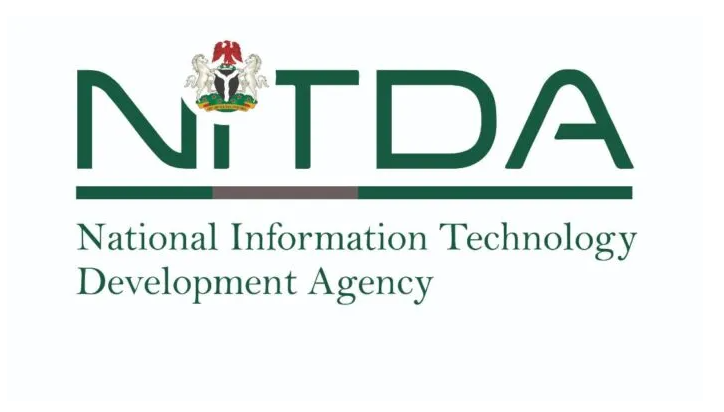The National Information Technology Development Agency (NITDA) of Nigeria has unveiled a pioneering plan that seeks to harness the potential of blockchain technology in revolutionizing the issuance and verification of National Youth Service Corps (NYSC) certificates.
This innovative approach aims to bring about a transformative shift in the way credentials are validated, affording individuals a secure and efficient means of verifying their educational achievements within the nation.
Kashifu Inuwa Abdullahi, the Director-General of NITDA, has taken a significant step toward the integration of blockchain technology into the issuance and verification process of NYSC certificates in Nigeria. The NYSC program mandates recent university graduates below the age of 30 to participate in a year-long national service that fosters community development and cultural integration. However, the traditional certificate verification process has been marred by rampant counterfeiting, prompting the need for a comprehensive solution.
This announcement was made during the recent Stakeholders’ Policy Dialogue, an event that focused on the pragmatic implementation of the National Blockchain Policy. The dialogue, conducted in partnership with the Blockchain Association of Nigeria (SiBAN), centered on addressing the inherent challenges within the NYSC certificate system.
Read also: Digital Innovation promotes better lives for Africans – NITDA
Leveraging Blockchain for Credible Validation
Recognizing the urgency of resolving these issues, NITDA’s Director-General collaborated with the agency to develop a groundbreaking blockchain-based mechanism for authenticating NYSC certificates. The essence of this system is to aggregate all NYSC certificates onto the blockchain, thereby creating a seamless and secure process for individuals to validate their educational qualifications.
Kashifu Inuwa Abdullahi not only envisions blockchain’s application in NYSC certificate verification but also foresees its broader implications. He highlighted plans to leverage blockchain technology for issuing certificates to individuals who successfully complete training programs under NITDA. Additionally, he shed light on the Central Bank of Nigeria’s openness to collaborative efforts within the broader blockchain ecosystem.
The Director-General’s conviction in the economic potential of blockchain technology is unwavering. He pointed out that blockchain, with the capacity to contribute $1.7 trillion to the global Gross Domestic Product (GDP), holds immense promise for Nigeria. Furthermore, based on insights from the Blockchain World Congress report, Abdullahi emphasized that Nigeria could potentially augment its GDP by about $40 billion by 2030 through strategic positioning and harnessing the power of blockchain technology.
A Bright Future for Blockchain in Nigeria
Obinna Iwuno, President of the Blockchain Association of Nigeria (SiBAN), played a significant role in the Stakeholders’ Policy Dialogue. He expressed optimism about the government’s evolving perspective on the blockchain industry’s potential. This growing awareness has translated into a willingness to foster stronger collaborations with SiBAN. This collaboration is anticipated to contribute to the robust expansion of the blockchain sector, propelling Nigeria into the forefront of technological innovation.
As the National Information Technology Development Agency (NITDA) sets its sights on integrating blockchain technology into the issuance and validation of NYSC certificates, a new era of credibility and security is on the horizon. This transformative step not only addresses the prevalent issue of counterfeit certificates but also lays the groundwork for a more efficient, transparent, and technology-driven approach to educational qualification validation. With the visionary leadership of Kashifu Inuwa Abdullahi and strategic partnerships with entities like the Blockchain Association of Nigeria (SiBAN), Nigeria stands poised to harness the economic potential of blockchain while establishing a robust foundation for the nation’s digital future.




